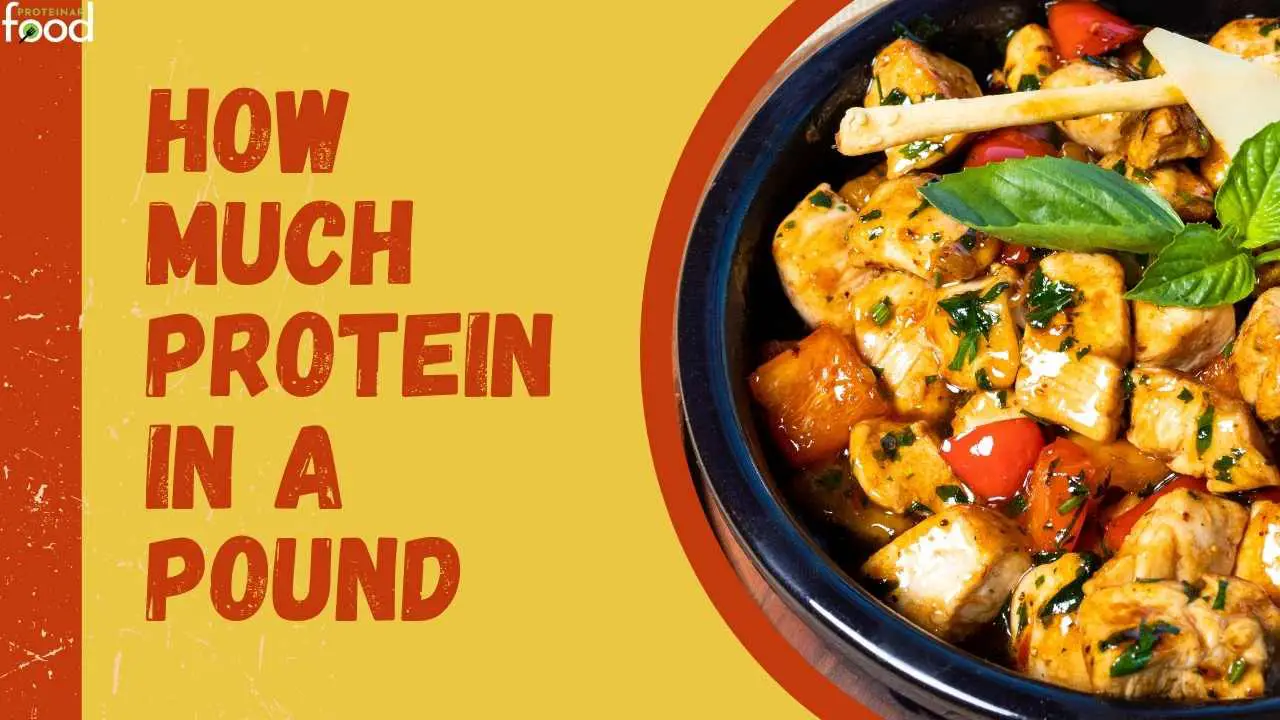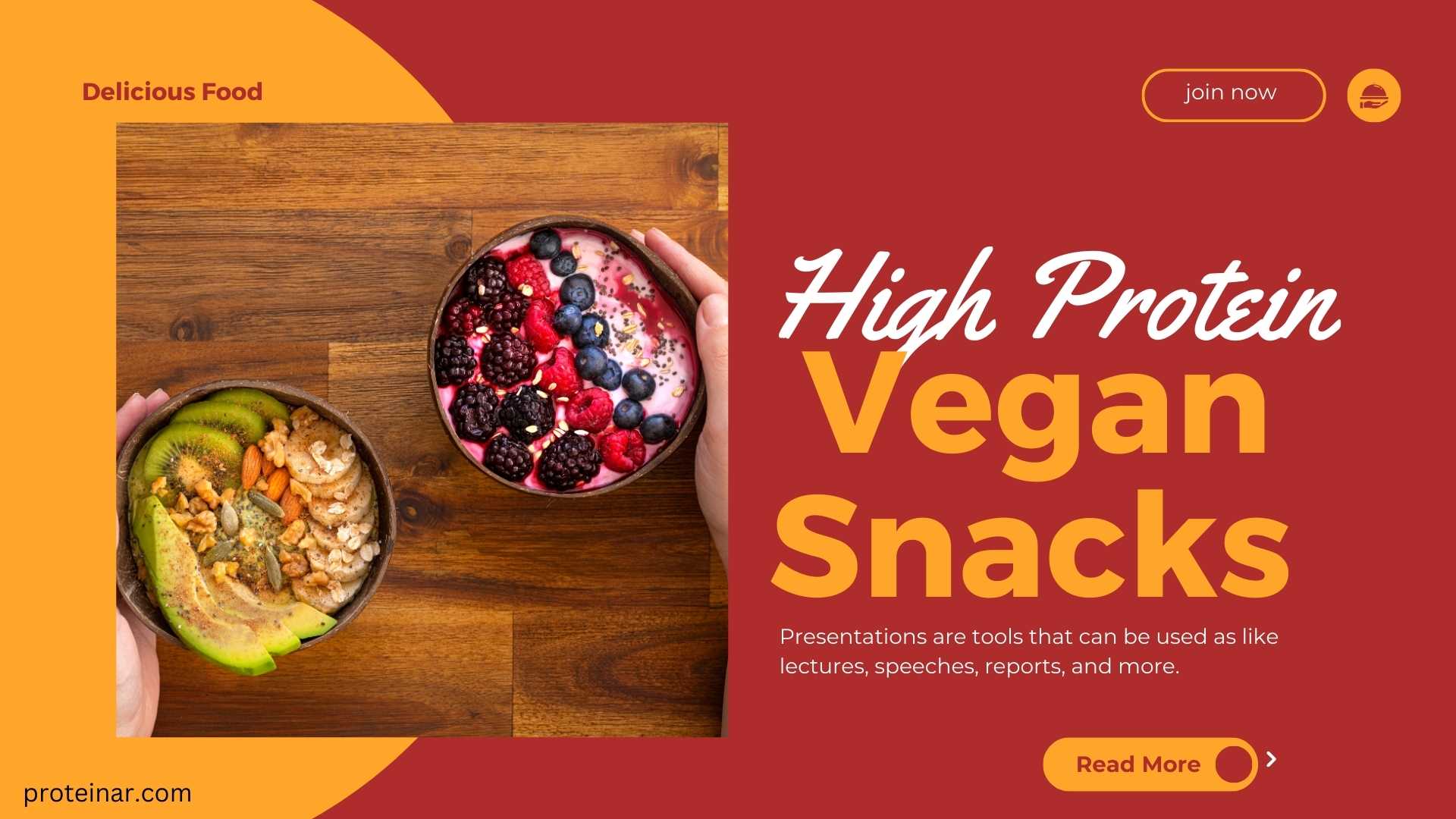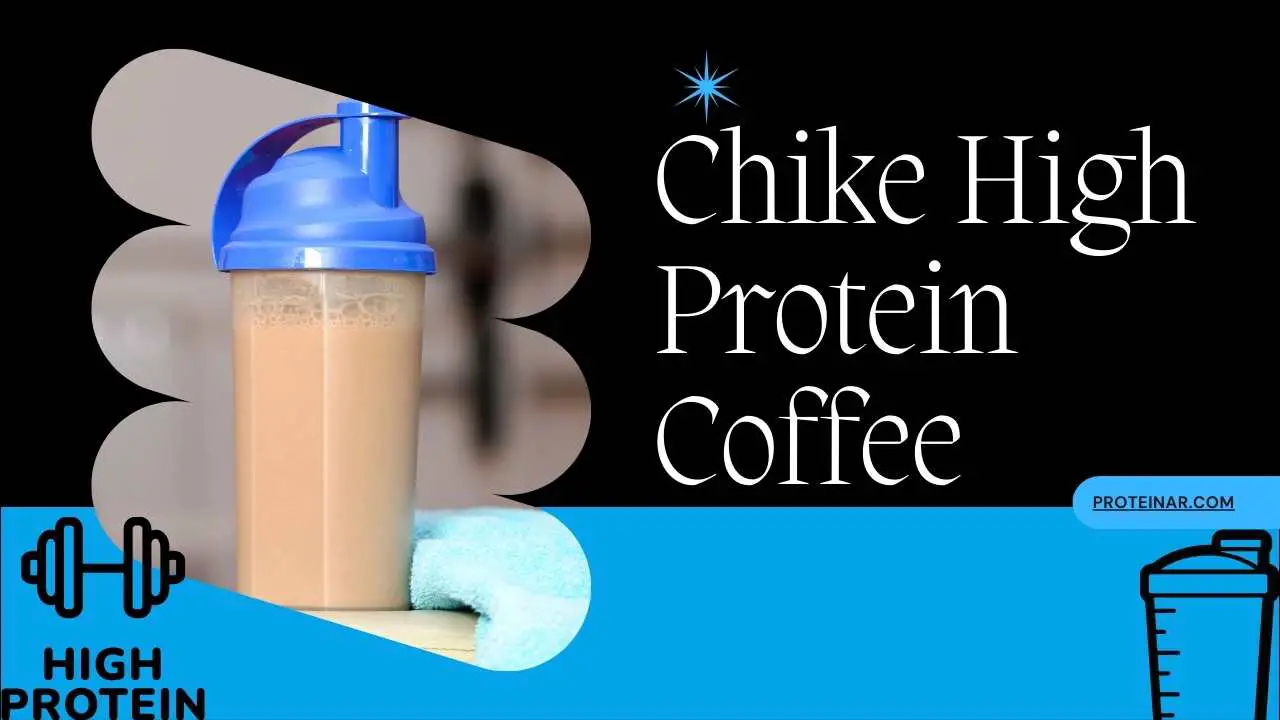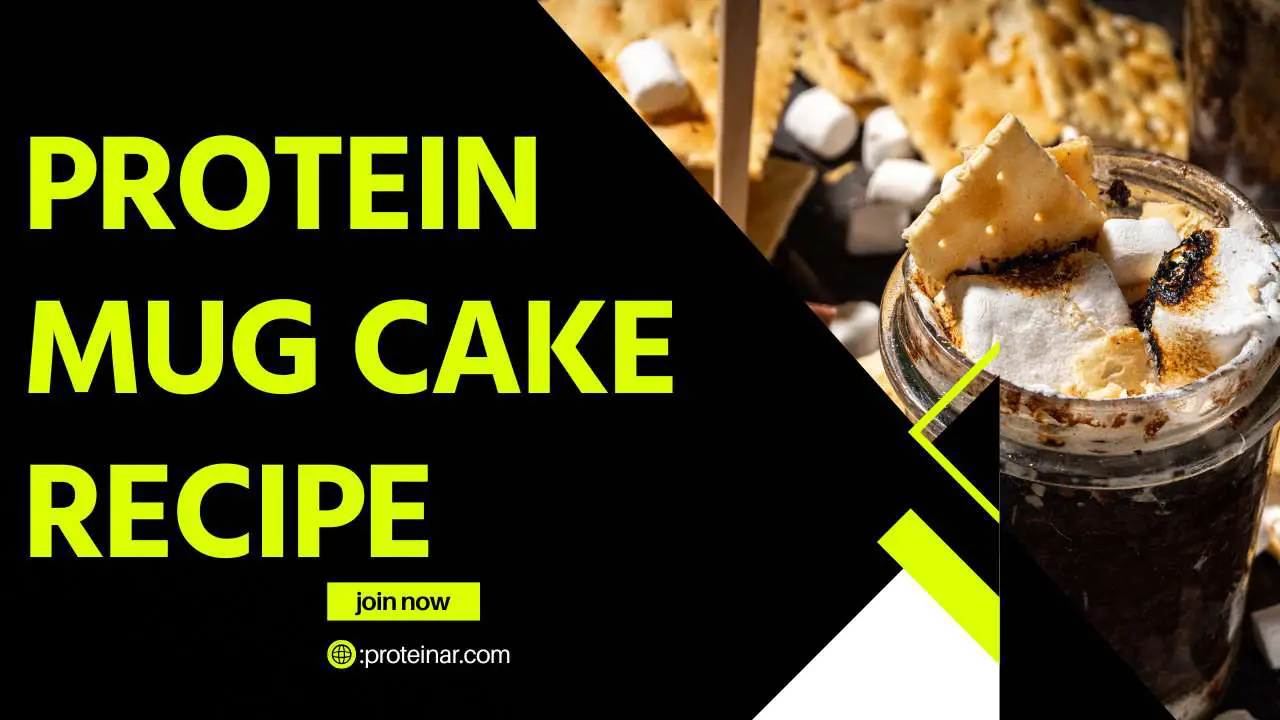High Protein Flour: A Guide to Boosting Your Baking with Nutritious Ingredients
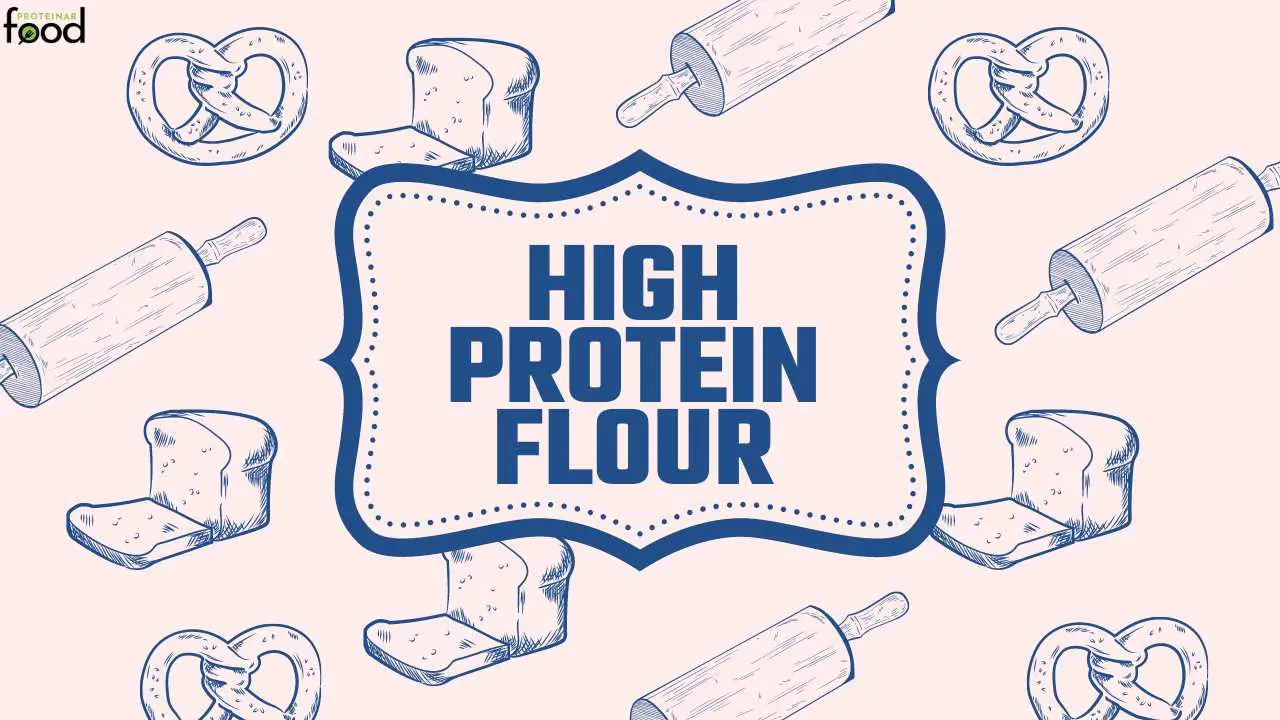
Understanding High Protein Flour
The type of flour you use while baking can greatly affect the outcome of your products. Recently, high-protein flour has gained popularity. Well, what is high-protein flour? High-protein flour refers to a type that contains more proteins than regular all-purpose flour. These increased levels of protein come as a result of using wheat varieties with higher protein contents or by adding vital wheat gluten to the flour. So, higher amounts of Protein recipes in high-protein flour tend to produce lighter and fluffier baked goods.
Benefits of Baking with High Protein Flour
Baking with high-protein flour comes with several advantages that make it an essential addition to your pantry. One main advantage is that it improves the texture of your baked items. Increased quantities of proteins in this version create a stronger gluten network, resulting in lighter loaves and finer crumbs. For bread-making specifically and other yeast-based doughs, the presence of strong gluten networks is important for proper rise and structure.
High Bread Proteins Nutritional Importance
Another advantage concerning bread having a great percentage of its composition as proteins can be referred to as its nutritional value. Firstly, macronutrients, called proteins, are needed for growth and development (Tortora & Derrick Son 2010). Therefore, healthier meals should be prepared by mixing some amounts of higher-protein flours into them (Anders 2005).
Health Benefits for Healthy Eaters
Protein Essential for Muscle Development and Repair
Science indicates that consuming enough protein content through our diets promotes muscle hypertrophy following exercise-induced damage (Tarnopolsky et al., 1992). When individuals exercise regularly, incorporating these into their diet through making high-protein-flour-based bread helps them achieve better results from their fitness activities. It’s not just about how many grams one eats but also quality- hence, supplying a good amount constitutes yet another benefit to eating this kind.
Feeling of Fullness and Weight Control
Protein can help you to stay fuller for longer. By reducing our desire to eat snacks between meals, protein-rich foods can help control appetite and manage weight (Hall et al., 2014). High protein flour, on the other hand, when coupled with a balanced diet may be the groundwork for hunger pangs control leading to satiety thus supporting your nutritional needs.
Suitable for Different Diets
High protein flours are suitable for vegans, flexitarians as well as those in an omnivorous diet. This versatile flour is a great fit in many people’s diets since plant-based eating has become popularized and high-quality proteins are now known to come from diverse sources.
Different Varieties of High Protein Flours Available
There are different types of high-protein flours that have their own distinctiveness and uses, too. An example of one such type is bread flour, which typically contains about 12-14% proteins. This type particularly allows you to prepare yeasted bread or other bakery products that necessitate strong gluten networks.
Another high-protein flour is whole wheat flour. Whole wheat grain, including the bran, germ, and endosperm, is used to make whole wheat flour, which has more proteins than all-purpose flour, along with all the benefits of fiber and other nutrients found in the bran and germ content.
Gluten-Free Chickpea Flour
Substituting with spelled flour is one option, which has a slightly nutty flavor and can replace wheat flour, while chickpea flour lacks gluten and is rich in protein, so it is suitable for individuals who have gluten sensitivity or dietary limitations.
High Protein Flour for Baking
Change of Texture and Flavor
Using high protein flours in baking greatly enhances the texture. Greater amounts of proteins result in tougher dough that can be stretched out more. For instance, chewy breads with lots of volume are examples of strong ones that many people prefer.
Integrating High Protein Flour into Regular Recipes
Though it could be used to replace other types of flours used in most recipes, this might require adjustments on moisture or require some changes in mixing technique. Thus, baking a little stuff at first will enable you learn how they go together with other ingredients and influence final products.
Creative Use of High Protein Flour
There are numerous ways to apply high protein flour to food preparation: sourdough bread; pizza crust; homemade protein bars – you name it! Low-protein ones must be combined with them logically to control both texture and nutritional values. Mmm…healthy baking prospects galore!
Recipes Using High-Protein Flour
Protein-Rich Banana Bread Recipe
Ingredients
- 1 cup high-protein flour
- 1 ripe banana (mashed)
- ½ cup honey
- 1/4 cup melted coconut oil
- 2 eggs
- 1 teaspoon vanilla extract
- 1 teaspoon baking soda
- ½ teaspoon salt
Instructions
- Preheat oven to 350°F (175°C). Grease loaf pan.
- Combine bananas, honey, melted coconut oil, eggs, and vanilla extract in a large bowl.
- In another bowl, blend high-protein flour, baking soda, and salt together.
- Add gradually dry ingredients into wet ones until just mixed.
- Pour the mixture into the prepared loaf pan, then smooth the top surface.
- Bake for 50-60 minutes or until a toothpick inserted in the middle comes out clean.
- Let it cool for 10 minutes in a pan, then transfer to a wire rack and let it cool completely.
- High Protein Chocolate Chip Cookies
Ingredients
- 1 1/2 cups high protein flour
- ½ cup unsalted butter (softened)
- ½ cup granulated sugar
- ½ cup brown sugar
- One egg
- 1 teaspoon vanilla extract
- ½ teaspoon baking soda
- ½ teaspoon salt
- 1 cup chocolate chips
Instructions
- Preheat oven to 375°F (190°C). Line a cookie sheet with parchment paper.
- In a large mixing bowl, beat softened butter, granulated sugar, and brown sugar together until light and fluffy.
- Then, add beat in an egg and vanilla extract until well combined.
- Whisk high-protein flour with baking soda and salt in another bowl.
- Gradually incorporate dry ingredients just barely.
- Fold in chocolate chips.
- On a prepared baking sheet, place rounded tablespoons of dough spaced two inches apart.
- Bake for 10-12 minutes or until the edges are golden brown.
- Leave cookies on the pan for about five minutes before transferring the cooling racks.
Tips for Using High Protein Flour When Baking
Accurate measurement: For effective use of high-protein flour when baking, ensure good precision while measuring the flour. Either use a kitchen scale or spoon your flour into a measuring cup and level it off by using a straight edge.
Make the liquid adjustments: High protein flour draws more liquid than all-purpose does, so you might need to make an additional liquid addition in your recipe. Begin with some of it and then adjust topping up until you get what you want.
Play with proportions: The ratio of all-purpose and high protein flour may vary from one recipe to another or by your personal preferences. That is why it is necessary to introduce a little amount of all-purpose flour and see whether there is any improvement in flavor and texture before modifying this rate according t0 ones’ taste.
Where High Protein Flour Can Be Bought
High protein flour can be found at most grocery stores, health food stores or specialty baking shops. It can also be bought online; thus one can order it conveniently from home. Look for brands that stock different types of high-protein flours so that one has many alternatives depending on their particular baking requirements.
Fitness Enthusiasts and High Protein Flour
Protein as a Building Block for Fitness
Good nutrition plays an important role in achieving fitness goals—protein constituting one-third along with carbs plus fat which are macronutrients athletes need during workouts and recovery. Such sports people / serious trainers who engage themselves into vigorous exercises require high-protein wheat variety when baking..
Supporting Workout Routines and Recovery
The immediate post-workout time period is very crucial to the growth and recovery of muscles. As such, instead of consuming meals rich in proteins baked with high protein energy, athletes receive all required nutrients after exercise within seconds through protein shakes or bars made from such flour for longer energy sustenance.
FAQs About High Protein Flour
Can I use high-protein flour instead of gluten-free?
No, high-protein flour cannot replace the gluten free flours because tis hard wheat element contains gluten or its gluten content is risen by adding vital wheat gluten.
Does it mean I cannot bake with high-protein flour when I want to avoid gluten?
Since high-protein flour is not suitable for a celiac disease patient or any other person who is intolerant to gluten, use other types like almond meal and coconut flours.
Can I replace all-purpose flour with high-protein flour in any recipe?
High-protein variety can be used in many recipes without amending the liquid. However, if you intend making yogurt bread or anything else that requires a lot of cross-linking by glutinous things, then go ahead.
Credit: ChainBaker
Conclusion of High Protein Flour
Use High Protein Flour to bake and get a different texture for your homemade delicacies. In making bread, cookies, or other baked products, using high protein flour brings about lightness and airiness them thus they are healthier. To know what suits your taste buds and dietary requirements the best, one has to try out various kinds of these flours as well as their proportions. Keep baking with high protein flour and unlock this power in you.
CTA: Why not try adding some wheat to your next recipe? This could be the best thing that happens to your home bakery. Have fun!

